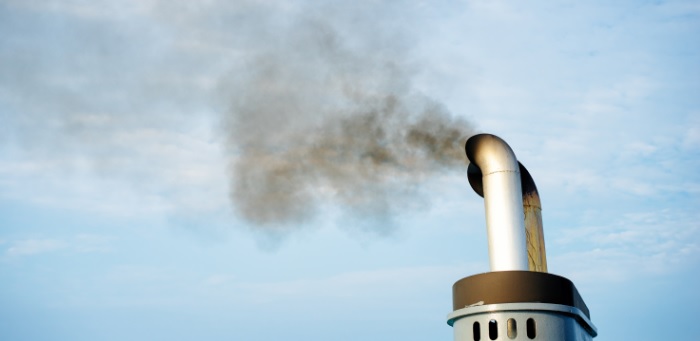German industrial services provider Bilfinger announced it has contracts for its scrubber technology with a value in excess of €100 million on its order books. This brings a total of 70 vessels belonging to national and international shipping companies in line with stricter future environmental requirements imposed by the IMO and the EU.
Since Bilfinger began transferring its power plant flue-gas desulfurization expertise to maritime applications around two years ago, orders received have come to around €102 million. According to the German Shipowners’ Association (VDR), some 50,000 merchant ships are affected by the new sulfur emission limits.
To meet the anticipated demand, the Group is taking a closer look at potential fabrication partners for flue-gas desulfurization systems in China.
Scrubbers remove sulfur emissions from flue gases produced by main engines, auxiliary diesel engines and boilers. The flue gases are introduced into the side of the scrubber and brought into contact with seawater.
In the open-loop process, the seawater passes through a continuous scrubber. In the closed-loop process, absorbents are used. The hybrid technology uniting open-loop and closed-loop modes in a single system can be deployed in all oceanic regions the world over.
As part of the closed-loop process, water from the scrubber is purified in an innovative water treatment unit and stored in a tank.
The scrubber is a virtually unrivaled product that pays for itself in just one to two and a half years. The strong demand bears out our successful technology transfer from the industrial plant sector to other growth segments,
…said Jens Borgschulte, Finance Director of the Technologies service line.

































































